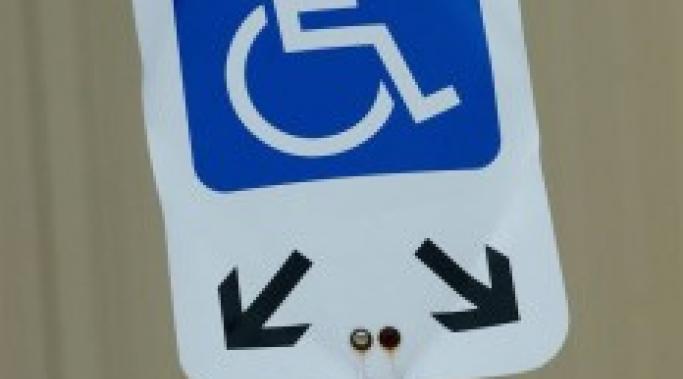It is being widely reported in the media that Orlando shooter Omar Mateen had bipolar disorder, but do we really know if Mateen had bipolar disorder (What Is Bipolar Disorder)? Where did this information come from and should we really believe it or is it just media sensationalism? After all, every mass shooter seems to be designated some mental illness; is it just bipolar’s turn?
How Others See Bipolar
There is a notion out there that a suicide attempt is a “cry for attention” and, thus, this invalidates what the person has done or makes it "not serious" (The Stigma Of Suicide). I would beg to differ. First off, of course, many suicide attempts have nothing to do with “attention,” per se, but secondly, so what if it did? So what if a suicide attempt is a cry for attention? Why does that make it less serious?
If you’ve read some of the comments here, you know what some other people think of bipolar disorder. Some people think that those with bipolar are manipulative, angry, abusive and some even say we’re downright evil. And it’s easy to internalize what others think of bipolar disorder. It’s easy to believe we are these things. But you are worth more than a single, negative descriptor. You are not what other people think of bipolar disorder.
Tomorrow is Bell Let’s Talk Day and you can help raise funds for mental health initiatives with a simple tweet or Facebook share. Since 2010, Bell (a Canadian phone company) has committed $100 million to mental health programs and you can help raise even more.
Have you ever heard of mental illness being a cause of death? Cause of death: schizophrenia or cause of death: bipolar or cause of death: anorexia? No? Me neither. That’s in spite of the fact that for some mental illnesses, like depression and bipolar, suicide attempts are an actual symptom of the illness. In other words, if a person dies by suicide and they’re bipolar, really, the cause of death is bipolar. So why don’t we popularly recognize mental illness as a cause of death?
I think it’s hard to have healthy self-esteem when you have bipolar. Sure, you can have grandiose self-esteem when you’re manic or hypomanic but that’s not the self-esteem you carry with you into everyday life, nor is it particularly healthy self-esteem. No, I think people with bipolar have low self-esteem because of their illnesses.
Dating with bipolar disorder can be tricky for so many reasons. You’ve got a bipolar routine to maintain, emotions to keep in check and a massive elephant in the room that you will have to deal with at some point. This evening I will be having a first date. And I have a fear of dating with bipolar disorder.
I don’t really go around shouting the fact that I am disabled. I have an invisible disability so I suppose that affords me the luxury of not having people know. But, in fact, severe bipolar disorder is a disability. Ask anyone who lives with it. They will tell you how disabling it is. It’s horrendous. And, in Canada, we have a disability tax credit. It’s supposed to making working a little bit easier for people with a disability. Well, I have a disability and I was denied the disability tax credit.
Sometimes I ask for advice, but pretty much never about my bipolar disorder. (Unless you include my doctor. Him I tend to listen to.) This is because the people around me don’t have the expertise or experience to advise me about a mental illness. It’s not personal, I’m just not friends with any psychiatrists. But what really ticks me off, is unsolicited advice about bipolar disorder (particularly from people who act like experts but are not, in any way, qualified to do so).
I have someone peppering me with comments and emails right now claiming that if I’m living well, then I must not really have bipolar disorder. Moreover, this person claims that bipolar II isn’t actually real and that bipolar I is the only “real manic depression.” Naturally, I am not conversing with this person in spite of his threats to disparage me in an upcoming film. I do feel it’s important to say this though: it is entirely possible to have bipolar and disorder and live a full and successful life.








